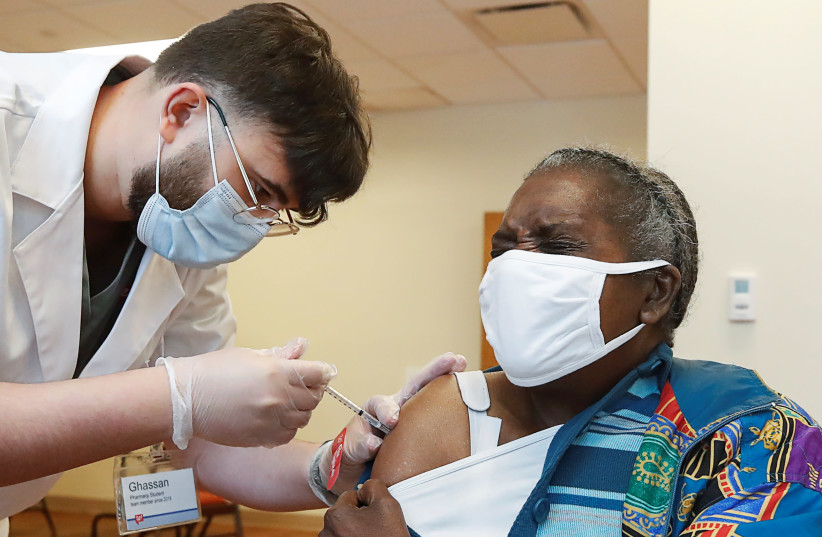BioVaxys Technology Corp. on Wednesday announced that studies found that the company's experimental SARS-CoV-2 spike protein vaccine, BVX-0320, may not cause myocarditis, as it does not bind to the ACE2 receptor.
The company added that previous studies on mice indicated the vaccine effectively provokes an immune response and was safe.
Serious adverse effects from mRNA COVID-19 vaccines, including heart conditions such as myocarditis, myocardial infarction and pericarditis, are extremely rare and do not outweigh the benefits of getting vaccinated, according to the World Health Organization.*
However, though they are highly unlikely, such complications may be possible. BioVaxys cited one study in the Hematological Oncology journal as stating that the Receptor Binding Domain (RBD) of the SARS-CoV-2 spike protein binds to the ACE2 receptor, preventing the enzyme from converting the hormone angiotensin II and thereby increasing the risk of heart complications.
BioVaxys stated that the spike protein in currently available COVID-19 vaccines may bind to ACE2 receptors in the heart, resulting in rare but serious cardiac conditions or abnormal blood clotting.

The spike protein in BVX-0320, however, is modified in a way that prevents ACE2 binding, but still allows the vaccine to stimulate the immune response.
BioVaxys said it is currently working with Ohio State University to produce a new batch of the experimental vaccine and is also collaborating with Merck subsidiary Millipore-Sigma to improve manufacturing.
BioVaxys added that it does not claim that it can currently treat COVID-19.
*Note: According to the World Health Organization (WHO), the benefits of mRNA COVID-19 vaccines such as Pfizer and Moderna "greatly outweigh the risk of myocarditis and pericarditis by preventing deaths and hospitalisations due to COVID-19." For more information about vaccines and potential side effects, visit: www.who.int/news-room/questions-and-answers/item/coronavirus-disease-(covid-19)-vaccines-safety
